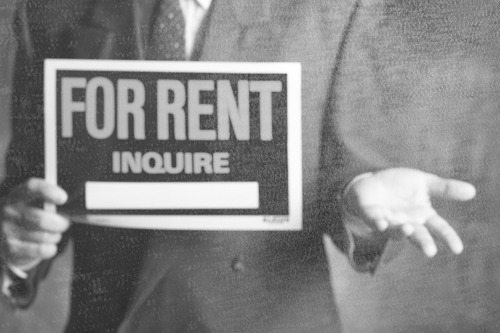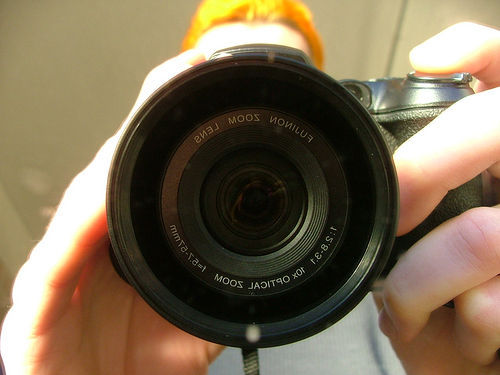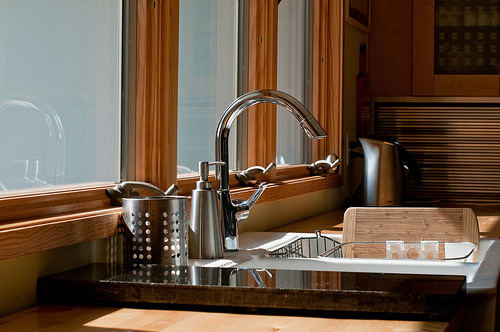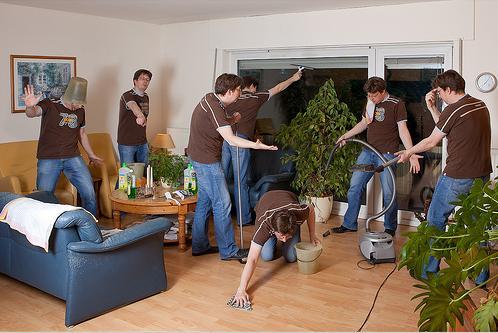
Landlord Costs
Landlords, just like tenants, face a number of costs when renting out their property. If using a property management agency to rent the property, there will be letting, management and services charges. Companies will usually offer a discounted rate for a letting and management package. Shopping around is always a good idea and choosing an agency that use good letting agency software is a super starting point.
Landlord costs in Ireland: Non-Principal Private Residence Tax
Also referred to as the second property tax (NPPR), this is a charge of €200 on any residence that is not your primary living one, i.e. if you live in Dublin but own a property in Kildare, then you must pay tax on the Kildare property but not the Dublin home. It must be paid within two months of March 31st (liability date), although there is a month’s grace period. After that a late fee of €20 per month is charged. Applications and payments can be made online at www.nppr.ie.
Landlord costs in Ireland: The Household Charge
The Household Charge came into effect on January 1st of this year. It’s a precursor to the full property tax agreed as one of the terms of the EU/IMF bailout and will be used to pay for local services such as libraries, fire brigade services, street cleaning etc. that had been paid by the Exchequer up until now. All residential property owners must pay €100 for each property they own. This does not just mean the physical building, but the number of residential units e.g. a building split into 3 bedsits will require 3 lots of the charge. As with the NPPR, payment must be paid before March 31st or penalties of 10%, 20% or 30% will be charged. Payments can be made through and more information found at www.householdcharge.ie and can be paid in total or in installments.
Landlord costs in Ireland:Income Tax
Rental income is subject to tax, just like any other income. There are some expenses that can reduce your income tax liability such as management fees, insurance premiums, accountants’ fees for preparing rental accounts and cost of repairs. Details on calculating and paying this tax can be found on www.revenue.ie/en/tax/it/leaflets/it70.html. Consulting an accountant on tax returns available is advised as it can be a complicated process.
Landlord costs in Ireland:PRTB Registration
All residential properties must be registered with the Private Residential Tenancies Board, as must all changes in tenancies and tenants who have been renting for over 4 years must be re-registered. To register, an application form must be completed (found online at www.prtb.ie or through a letting agency) and a fee of €90 has to be paid. If the registration is made after one month of the tenancy has passed, a late fee of €180 will be charged. Be sure to check the website for further details.
Landlord costs in Ireland:Water Charges
While not upon us yet, Minister of State Fergus O’Dowd has confirmed that water charges will be introduced from 2014. Details about how much the charge will be and payment methods etc. are unclear at the moment.
With all of these costs to face, do you still want to be a landlord in Ireland? Can you think of ways to improve a landlord’s prospects?
email info@rentview.com
Twitter@Andreas_Riha
Ph+353 1 4498157




